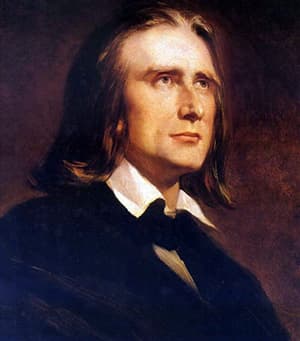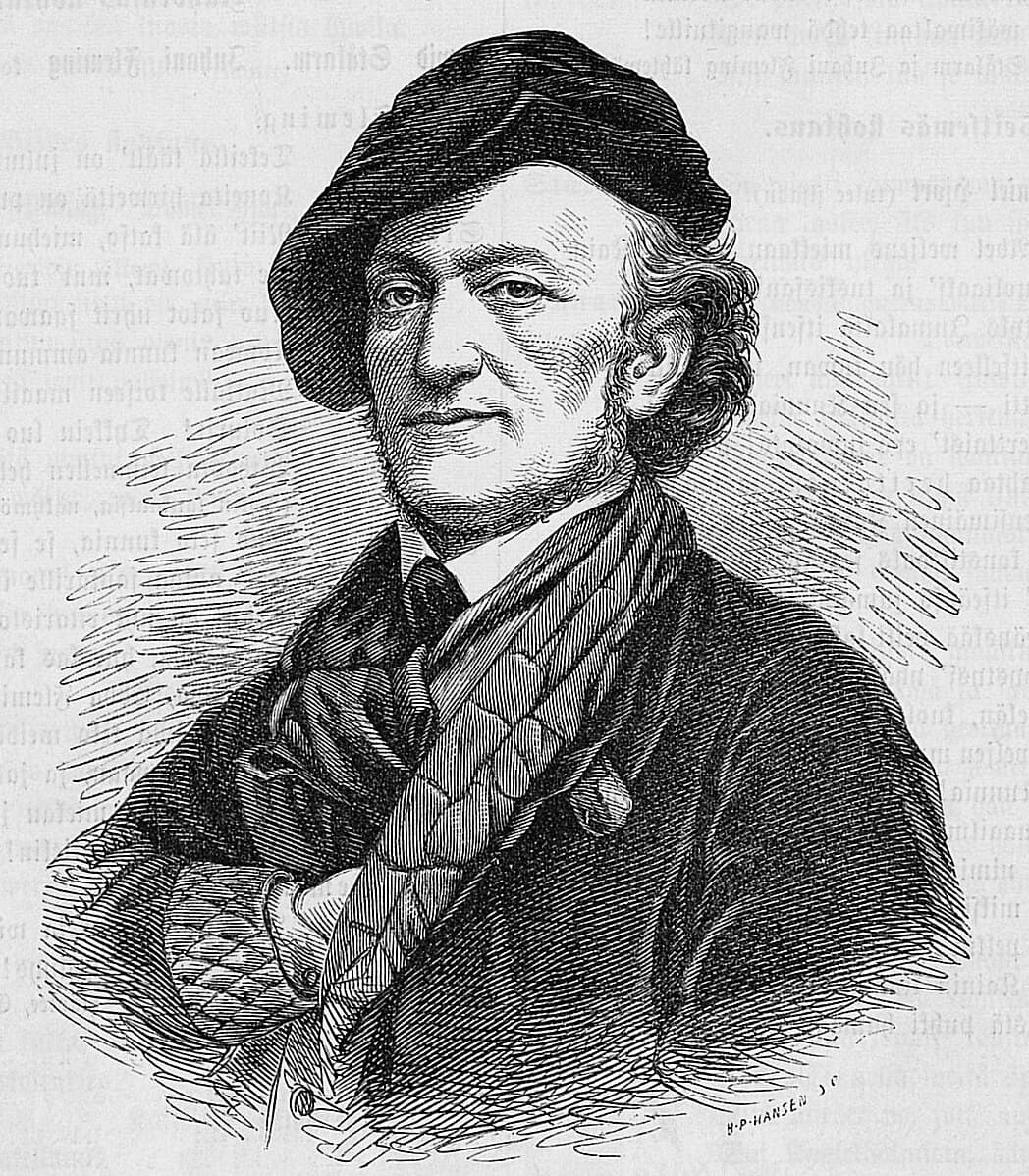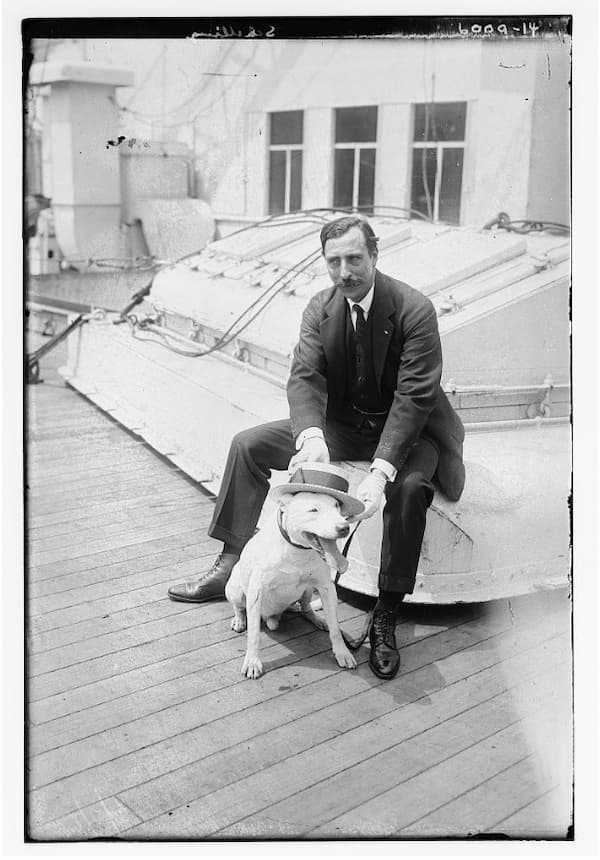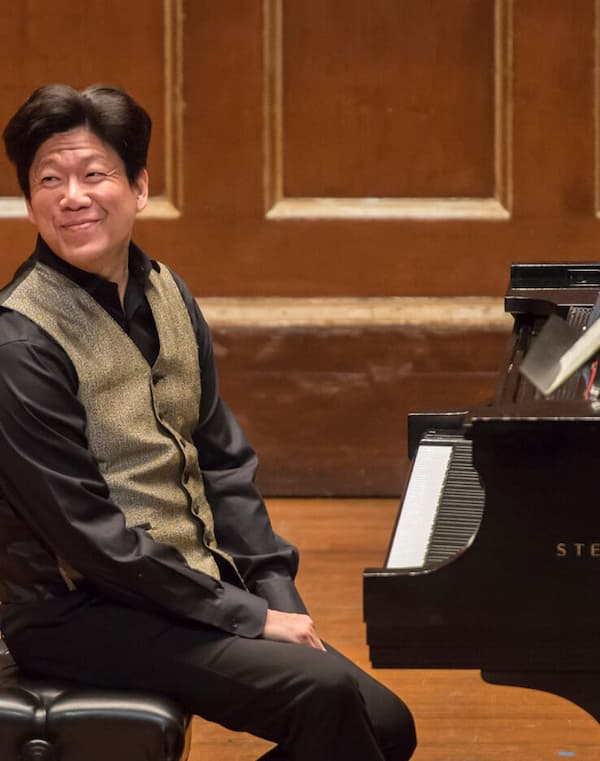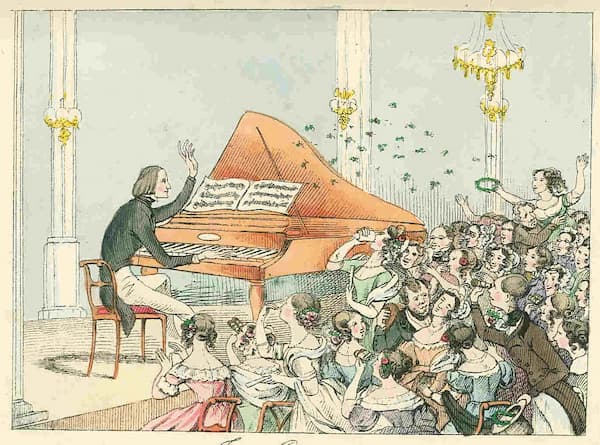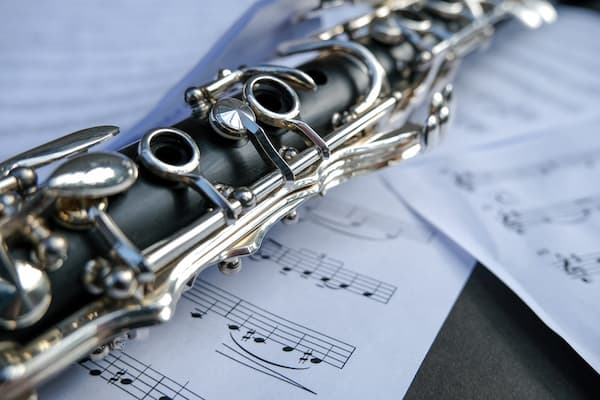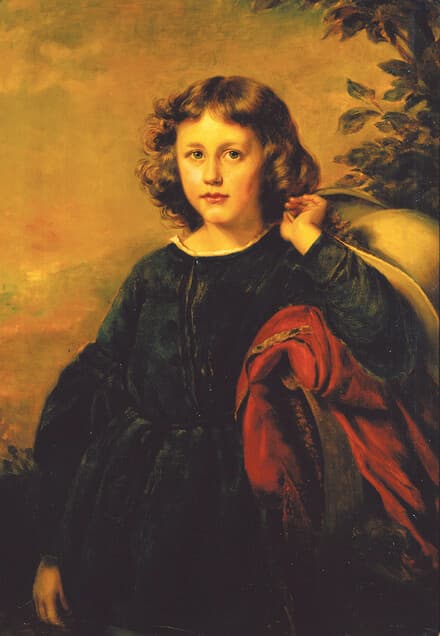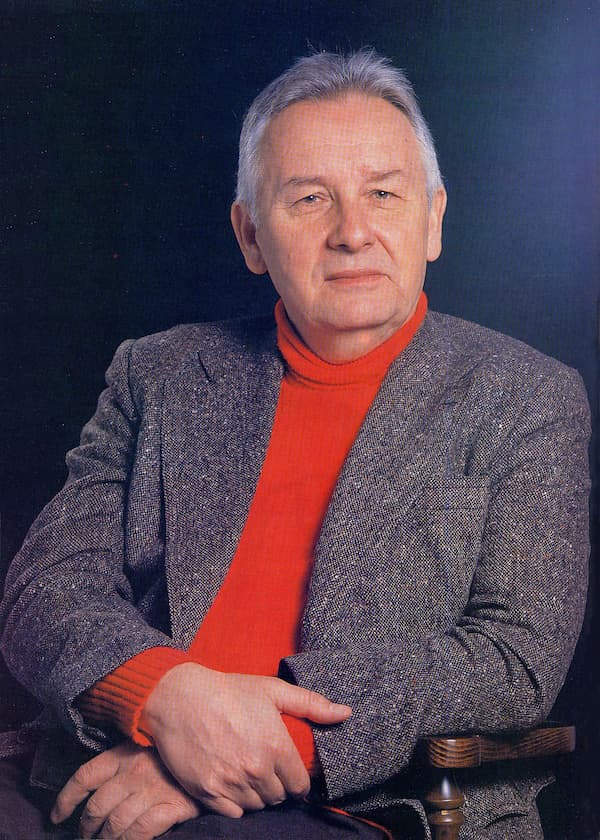The Wiener Allgemeine Musikalische Zeitung reports on 7 December 1822, “on 1st December a very talented boy by the name of Liszt, coming here from Pressburg, gave a concert in the town grand concert-hall, and through his playing and his
Blogs
Richard Wagner was an extremely complex and highly unpleasant human being, yet his artistic creations represent the fullest musical and theatrical expression of German romanticism. Whether we can actually separate the man from his art has been hotly debated, and
The American conductor who founded New York’s Young People’s Concerts preceded Leonard Bernstein by two generations His funeral was attended by all the greatest musical names of his time, including Toscanini, Barbirolli, Heifetz, Menuhin and Mengelberg. High society was represented
Even though I met Meng-Chieh Liu not too long ago, I already felt a great admiration for his virtuosic accomplishments, his sense of humanity, and his resilience in the face of adversity. Recognised as a prodigy growing up, he had
By the time he was fifteen, Franz Liszt had already begun work on what would become one of his most important early compositions; the Etude en douze exercices. This collection, first published in 1826 in both Marseille and Paris, was
#PracticeMakesPerfect Like any art form, I think we can agree that music practice is never done. Why would I say that? Mastery of a piece is so much more than technical facility and accuracy. As we develop, learn, and grow,
In the spring of 1836, Felix Mendelssohn met a singer named Cécile Charlotte Sophie Jeanrenaud, who was a member of the Cäcilienverein choir in Frankfurt. He was immediately attracted to her. That summer, he returned to Frankfurt, wanting to get
One of the strangest stories in the recent history of classical music is that of the reception of Henryk Górecki’s Symphony of Sorrowful Songs. It is a truly astonishing story of the kind that had not occurred before – and

